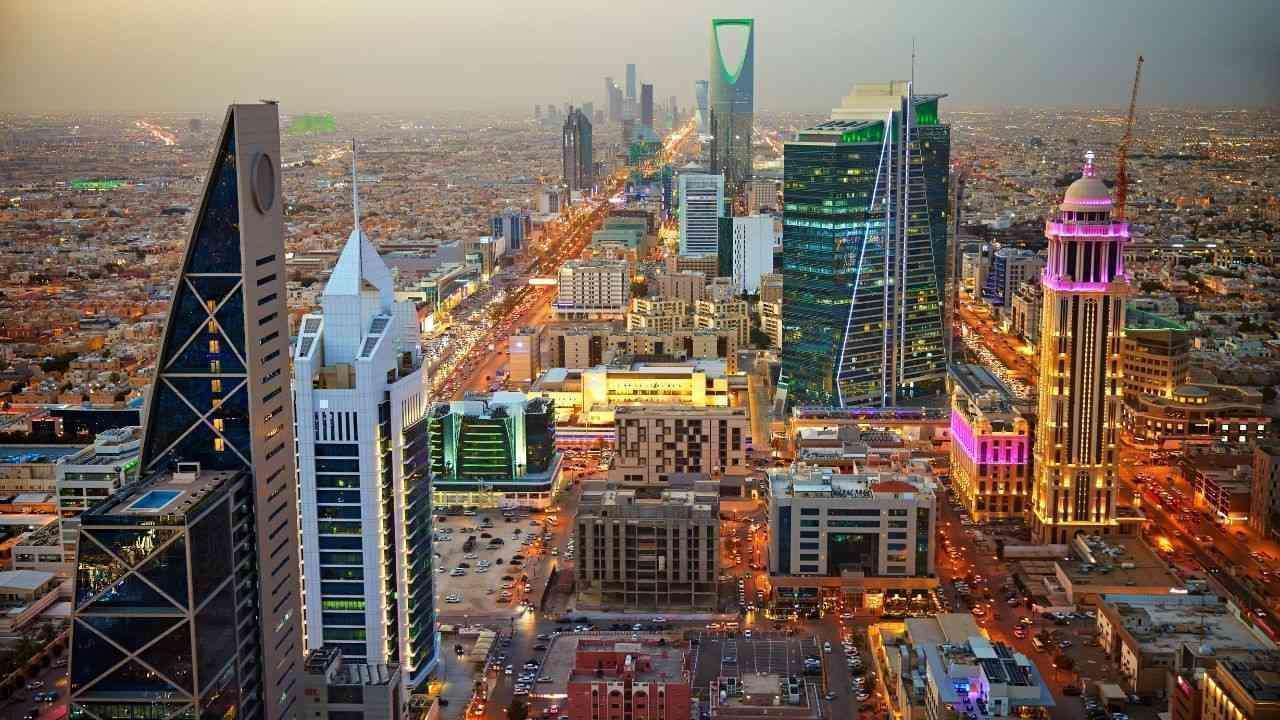
Post by : Mariam Al-Faris
The International Monetary Fund (IMF) has raised its growth forecast for Saudi Arabia’s economy, mainly due to the easing of production cuts by Opec+ countries.
The IMF now expects Saudi Arabia's economy to grow by 3.5% this year, up from its previous estimate of 3%. The growth forecast for 2026 has also been revised to 3.9%, a slight increase of 0.2 percentage points.
According to the IMF, Saudi Arabia’s economy has shown strong resilience, with growth in sectors outside of oil, low inflation, and record-low unemployment levels.
As part of its Vision 2030 plan, Saudi Arabia is focusing on reducing its dependence on oil by developing industries like technology, real estate, tourism, and infrastructure. These efforts are aimed at creating more jobs and growing the economy beyond oil.
The non-oil sector is expected to grow by 3.4% in 2025, following a 4.2% growth last year. This positive growth is supported by ongoing Vision 2030 projects, investments from both the public and private sectors, and strong credit growth, which helps maintain local demand even when oil prices are lower.
Oil prices have been unpredictable, influenced by factors such as tensions between the US and Iran, the impact of tariffs introduced by former President Donald Trump, and the recent conflict between Iran and Israel. Additionally, the decision by Opec+ members, including Saudi Arabia and Russia, to increase oil production by 411,000 barrels per day for July has also contributed to the volatility in oil prices.
Looking ahead, the IMF predicts that Saudi Arabia’s economy will continue to grow steadily, with non-oil growth expected to approach 4% by 2027, before stabilizing at 3.5% by 2030. Major events such as Expo 2030 and the FIFA World Cup in 2034 are likely to further boost the economy.
While global trade tensions and tariffs are a concern, the IMF believes their impact on Saudi Arabia will be minimal. Most of Saudi Arabia’s exports to the US are oil products, which are exempt from tariffs, and non-oil exports make up a small portion of the country’s overall exports.
Inflation in Saudi Arabia is expected to remain low, around 2%, thanks to a stable currency, government subsidies, and a strong economy. The IMF also predicts that Saudi Arabia’s fiscal deficit will shrink over time, due to more efficient government spending.
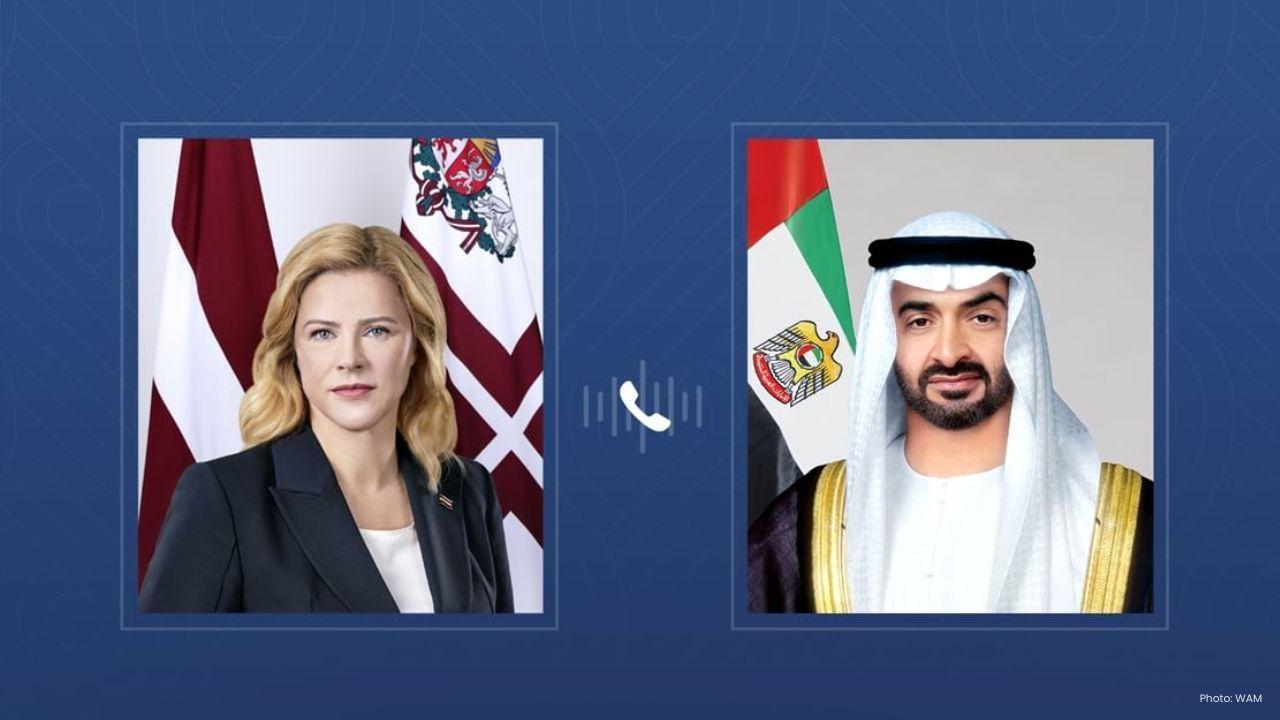
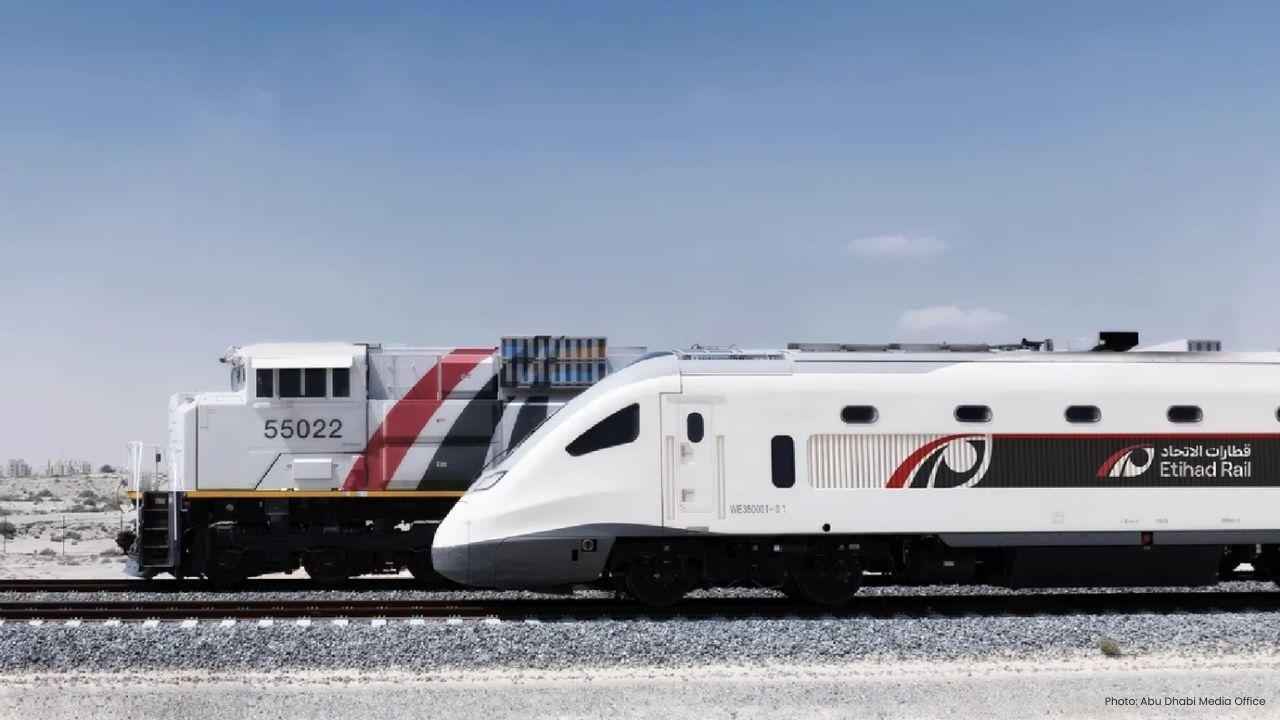
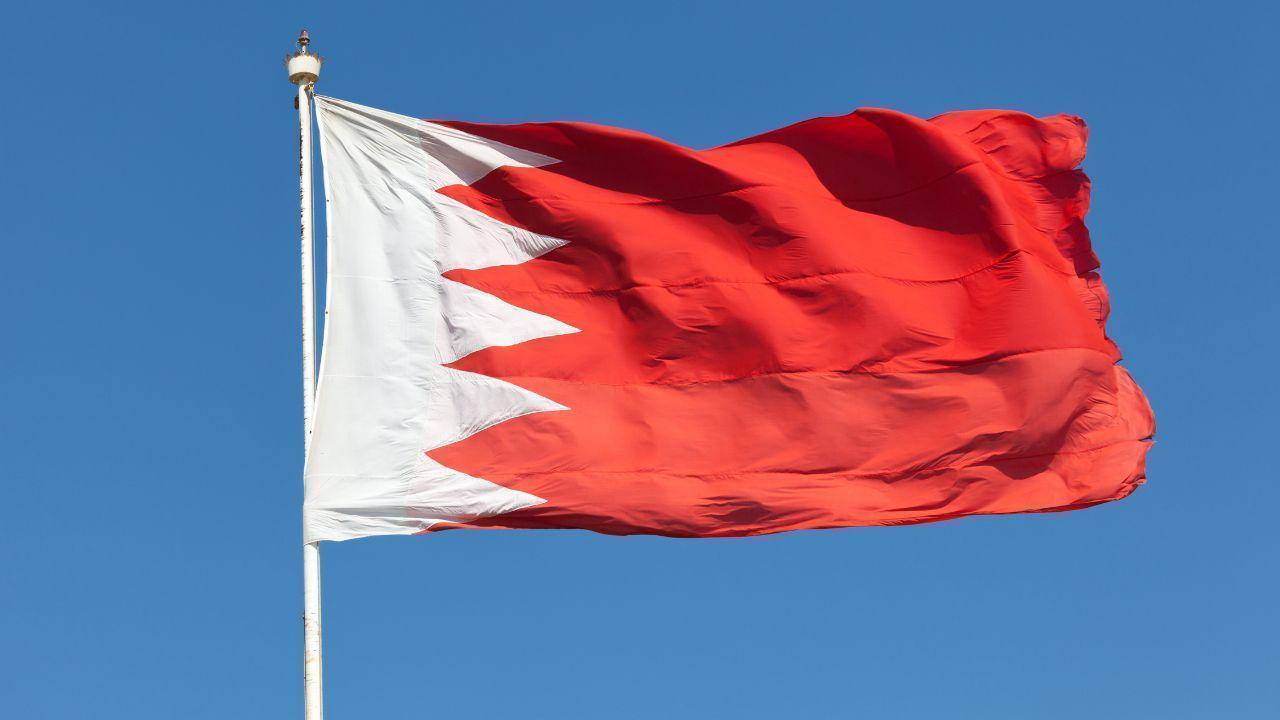


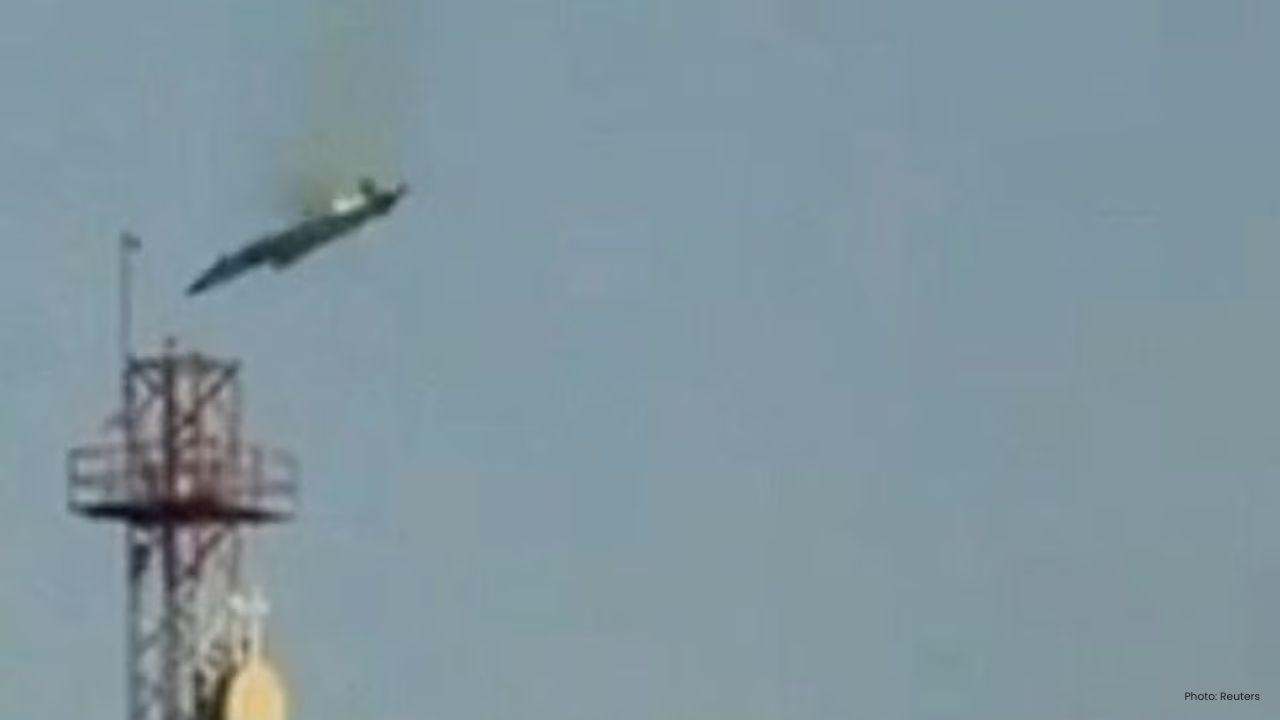


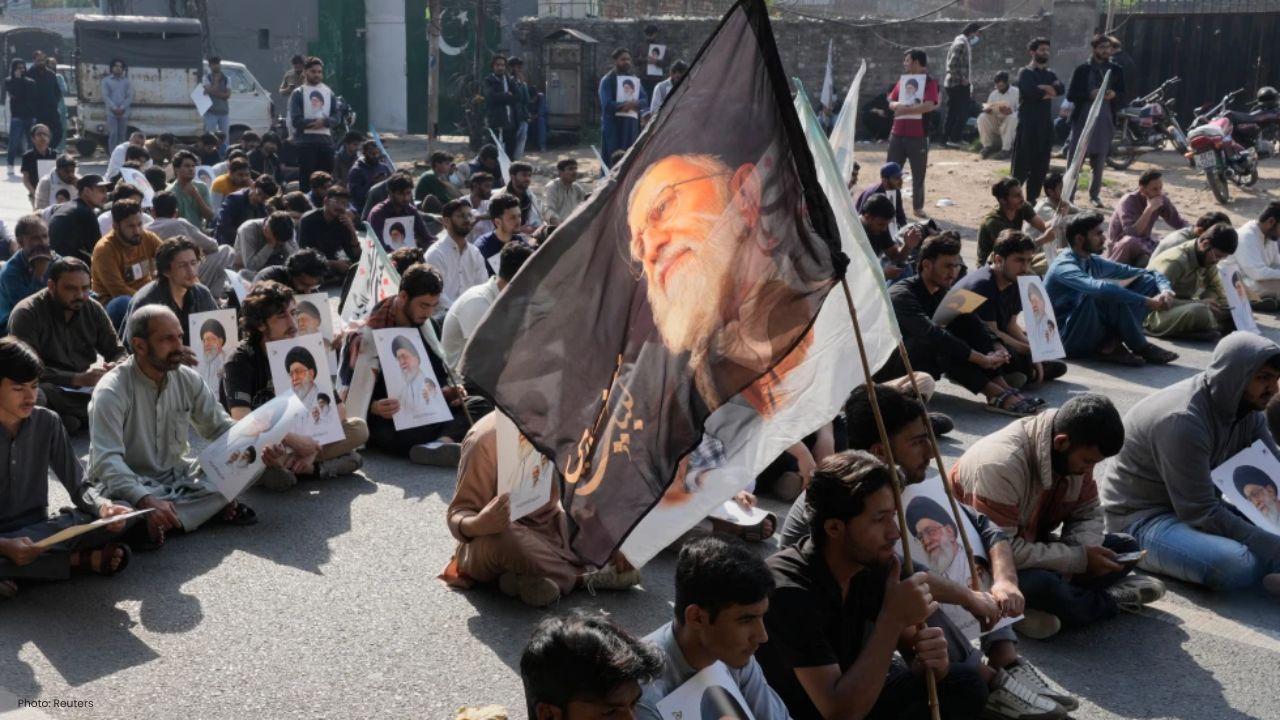

Iran Strikes UAE 167 Missiles 541 Drones Hit Dubai
Iran launches large-scale missile and drone assault on UAE forcing airport shutdowns and triggering
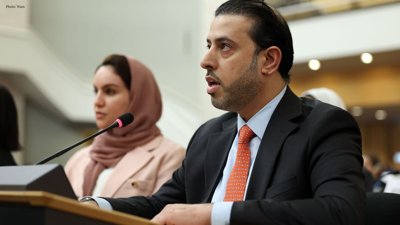
UAE Rejects Sudan Conflict Allegations at UN Human Rights Council
Emirati diplomat issues Right of Reply in Geneva dismissing accusations and urging accountability fo

NCM issues fog and low visibility warning in UAE
National Centre of Meteorology warns of fog and reduced visibility in coastal and internal areas, ur

UAE expresses full solidarity with Kuwait over maritime rights
UAE expresses full solidarity with Kuwait and urges Iraq to resolve maritime concerns through intern

Dubai Parks to Offer Free Medical Tests During Ramadan
Free health screening buses will provide eye, blood pressure and glucose tests across major Dubai pa

T20 World Cup India Prepare to Crack Spin Test in Super Eight
Bowling coach Morne Morkel confident Indian batters will regain rhythm against spinners as Super Eig